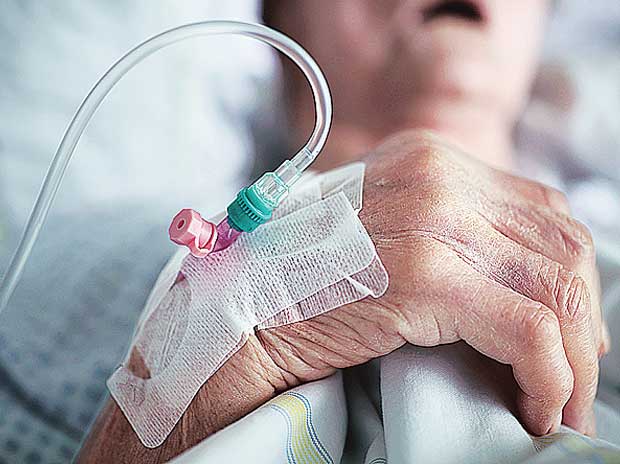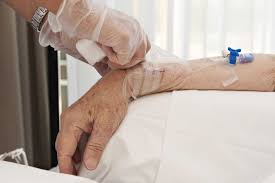Passive Euthanasia: Everything you need to know about its execution
- Shriparna
- Saturday | 10th March, 2018

Here are court laid down rules relating to the procedure for its execution of Euthanasia
What came as a breather for the terminally ill or patients in vegetative state, the Supreme Court recognised a patient`s right to refuse medical treatment through an advance medical directive or a living will saying, the right to live with dignity also includes “smoothening” the process of dying, however, not without preventive measures. Here are court laid down rules relating to the procedure for its execution.
1. What accounts for a living will?

It is the permission to appoint a trusted person who can decide on the patient`s behalf how long the medical treatment should continue when the patient in a state of unconsciousness or in a coma state is not in a position to decide.
2. What is the eligibility of attorney to draw up the will?

According to the Supreme Court rules, it can be executed only by an adult who is of a sound and healthy state of mind and in a position to communicate, relate and comprehend the purpose and consequences of executing the document.
In order to overcome the difficulty faced in case of patients who are unable to express their wishes at the time of taking the decision, the concept of advance medical directives emerged in various countries.
3. What should the will speak about?

It should indicate the decision relating to the circumstances in which withholding or withdrawal of medical treatment can be resorted to. The will should contain the name of a guardian or close relative who will be authorized to give consent to refuse or withdraw medical treatment in a manner consistent with the advance directive.
4. How should the will be recorded, preserved?

The document should be signed by the executor in the presence of two attesting witnesses, preferably independent, and counter-signed the jurisdictional Judicial Magistrate of First Class (JMFC) so designated by the concerned district judge.
5. When and by whom can it be given effect to?

In the event the executor becomes terminally ill and is undergoing prolonged medical treatment with no hope of recovery and cure of the ailment, the treating physician when made aware about the advance directive, shall ascertain the genuineness and authenticity thereof from the jurisdictional JMFC before acting upon the same.
The physician or hospital where the executor has been admitted for medical treatment shall constitute a medical board that shall visit the patient and form an opinion whether to certify or not to certify carrying out the instructions of withdrawal or refusal of further medical treatment.
The Chairman of the board nominated by the collector, that is, the Chief District Medical Officer, shall convey the decision of the board to the jurisdictional JMFC before giving effect to the decision to withdraw the medical treatment administered to the patient.

If You Like This Story, Support NYOOOZ
Your support to NYOOOZ will help us to continue create and publish news for and from smaller cities, which also need equal voice as much as citizens living in bigger cities have through mainstream media organizations.


.png)
1.png)
.png)
.png)





